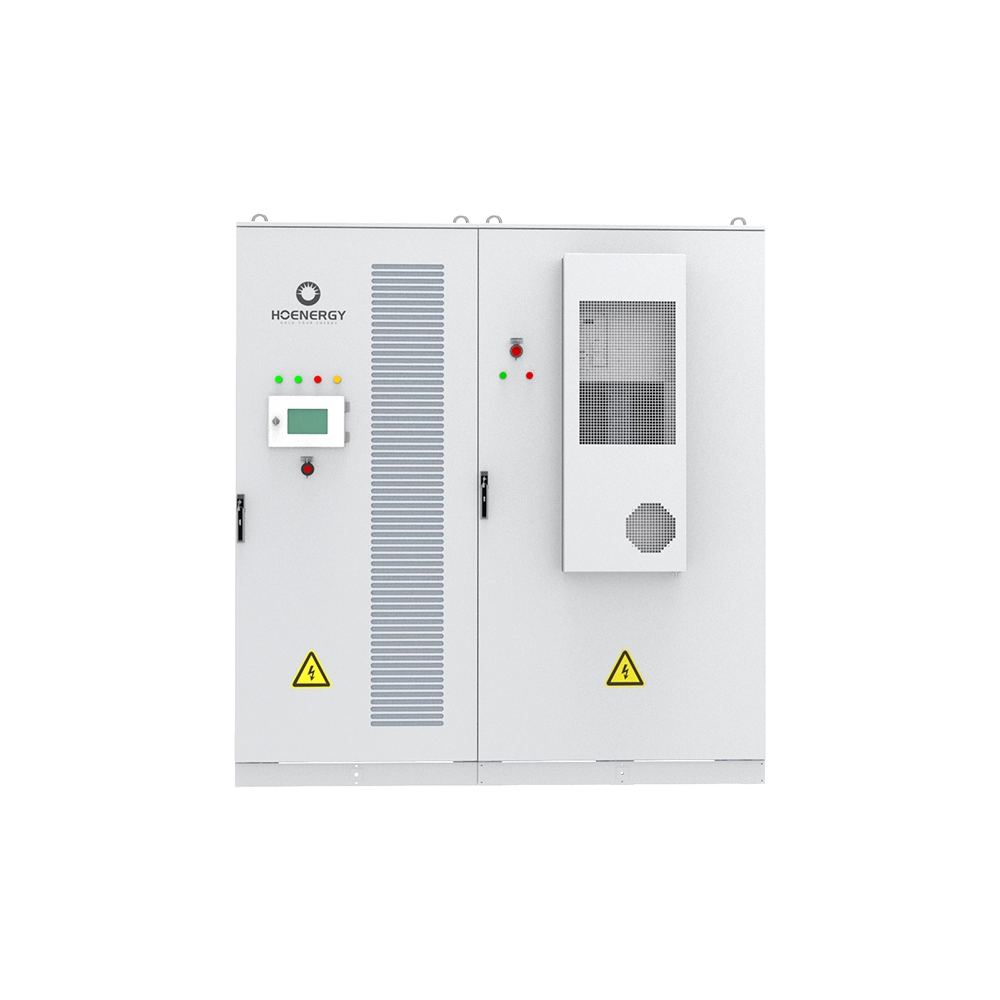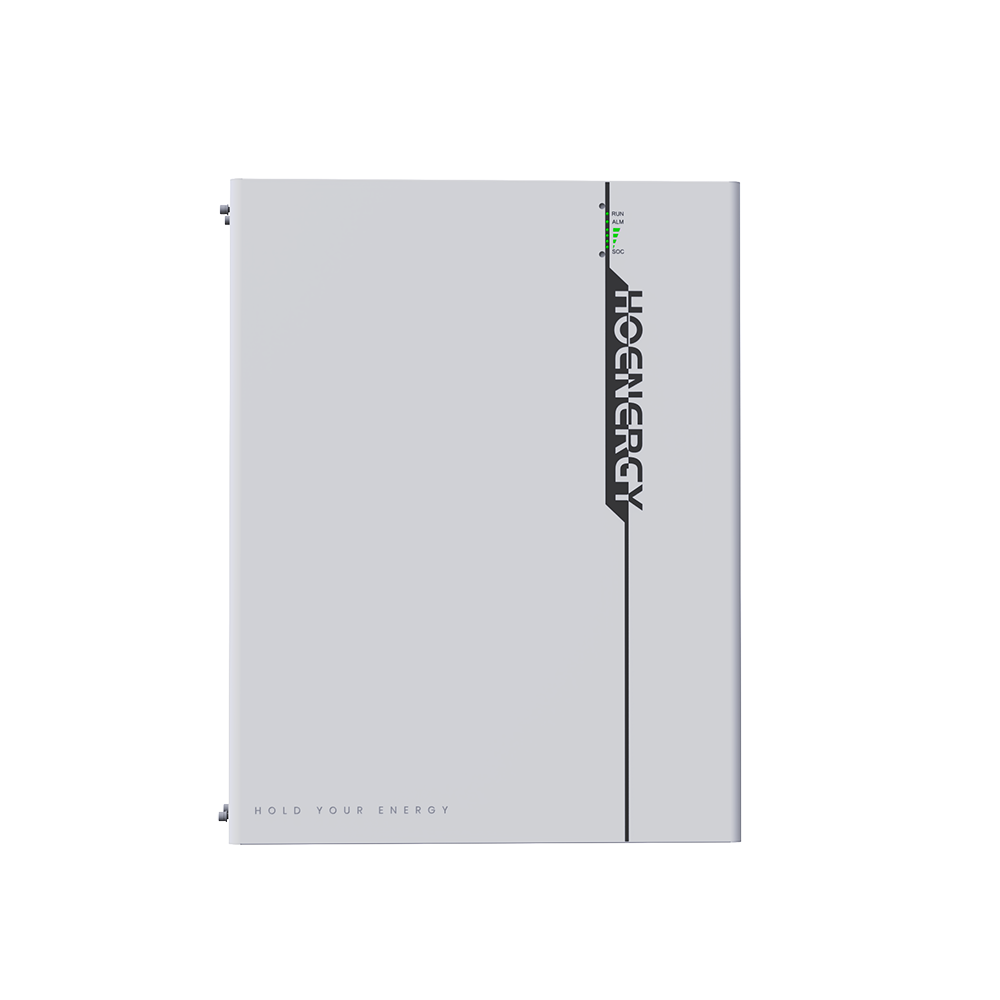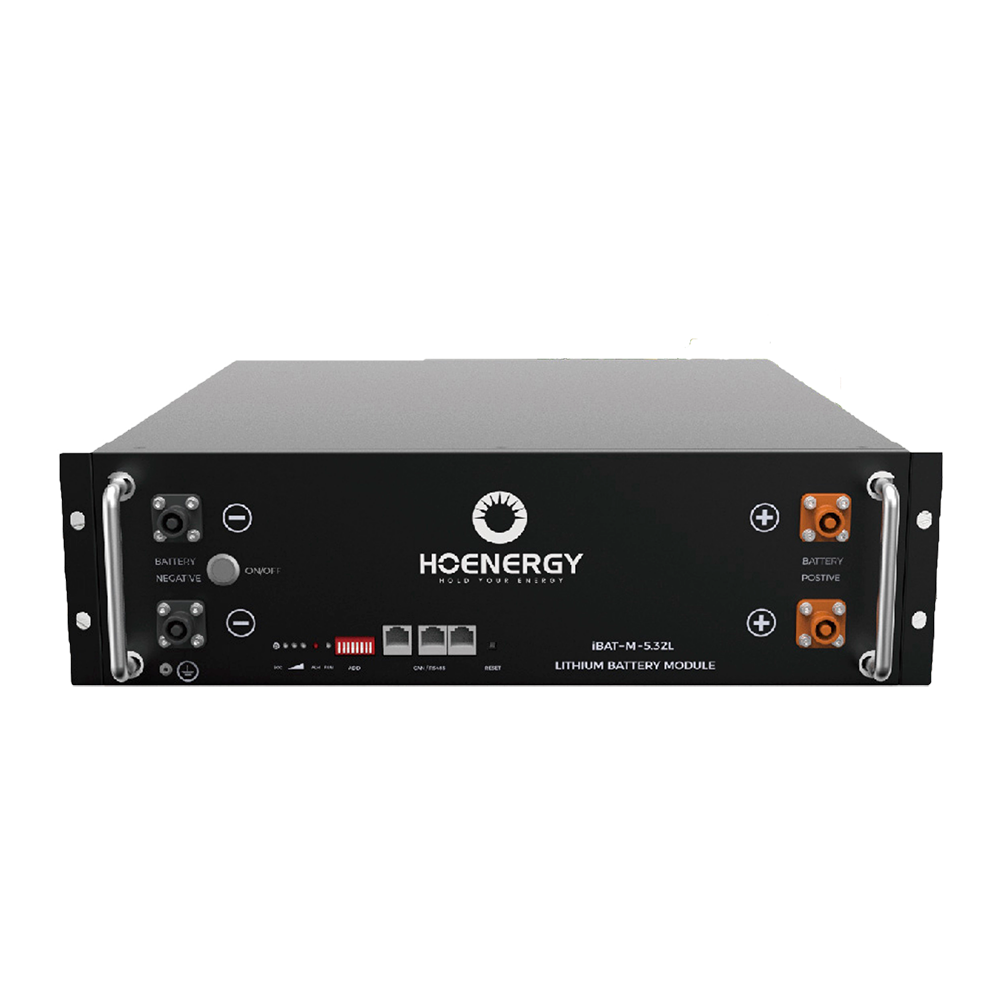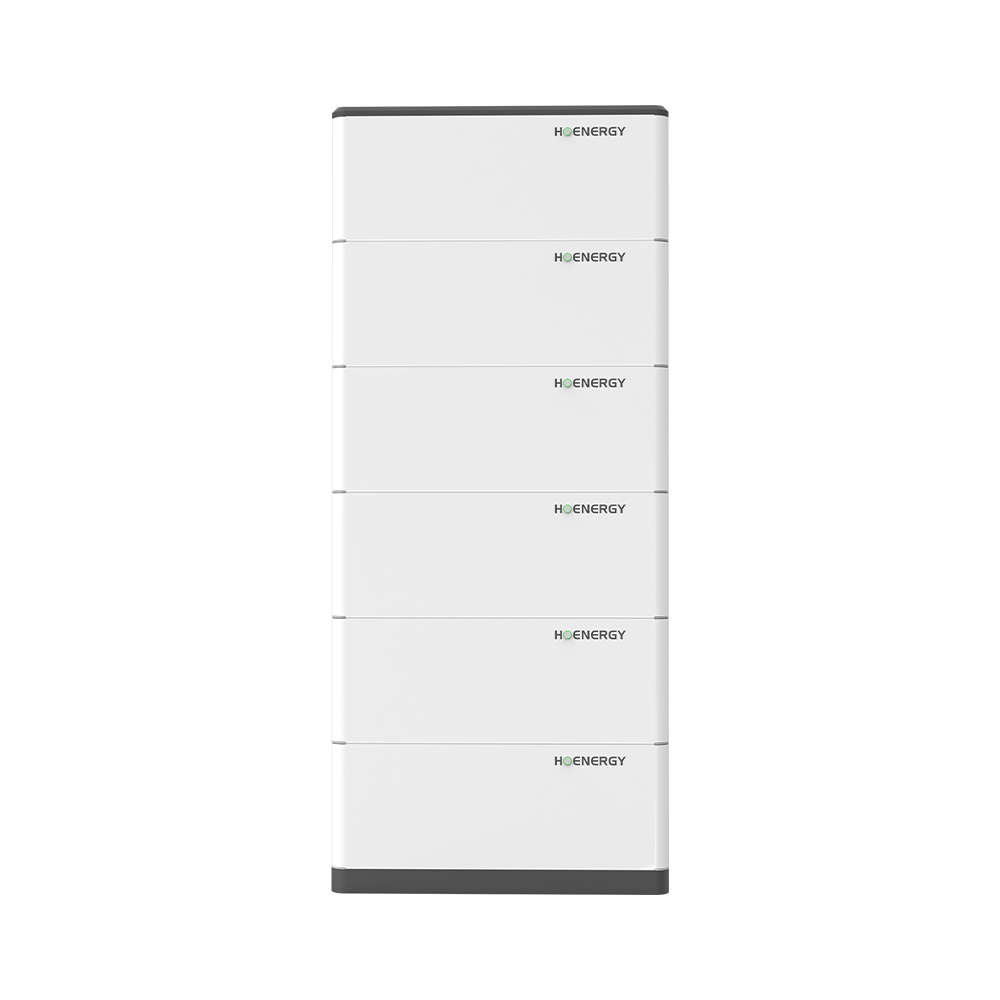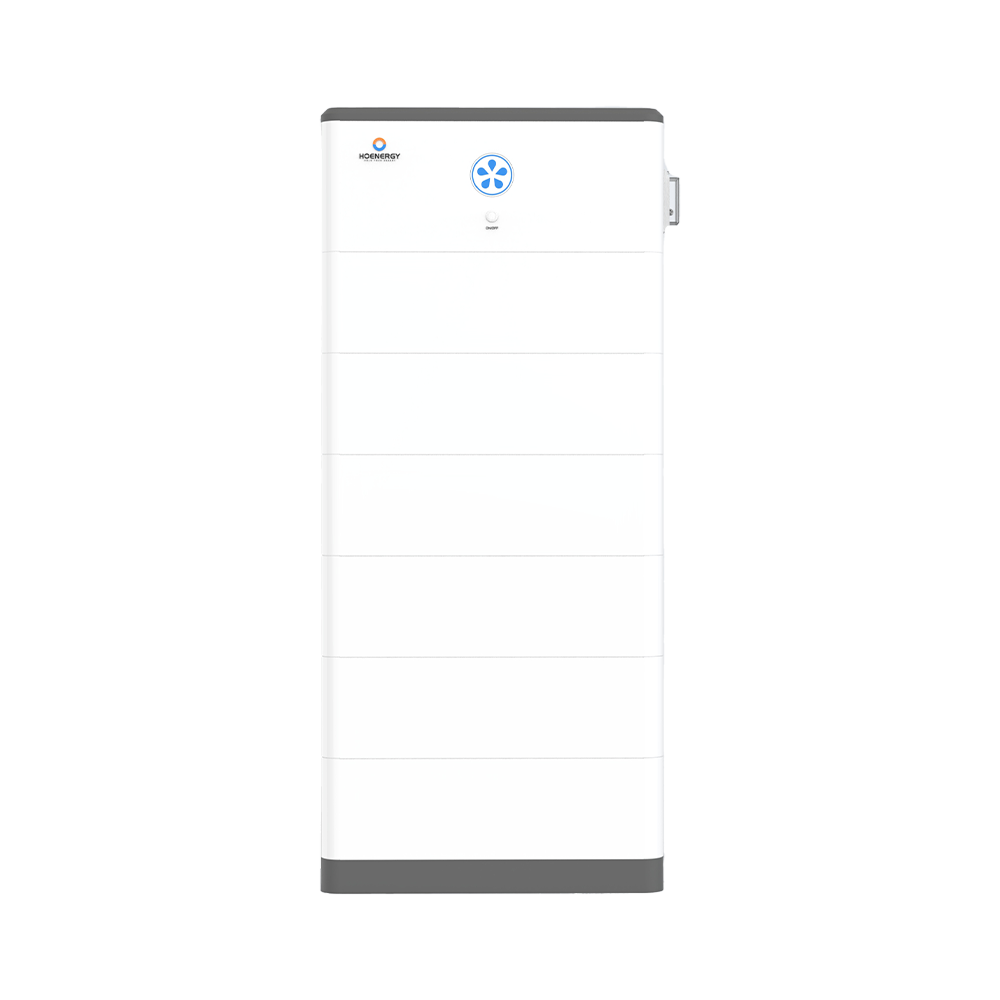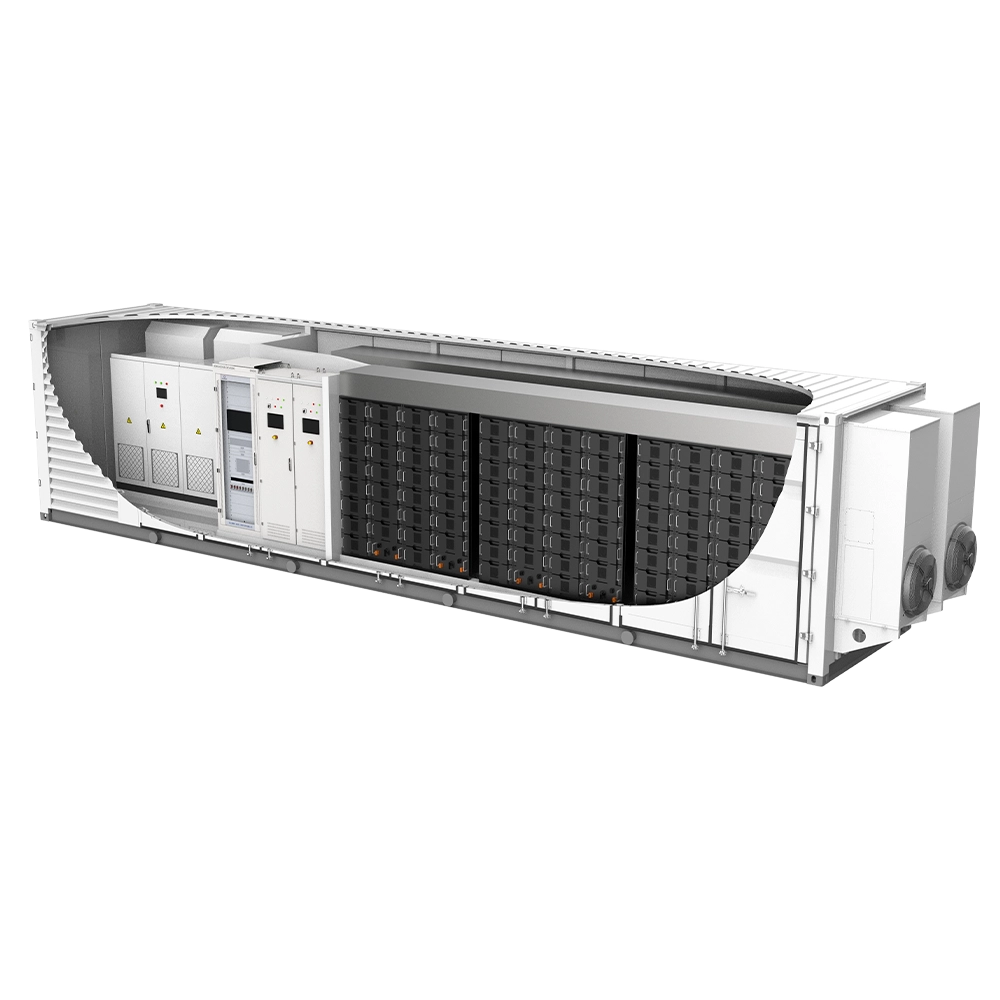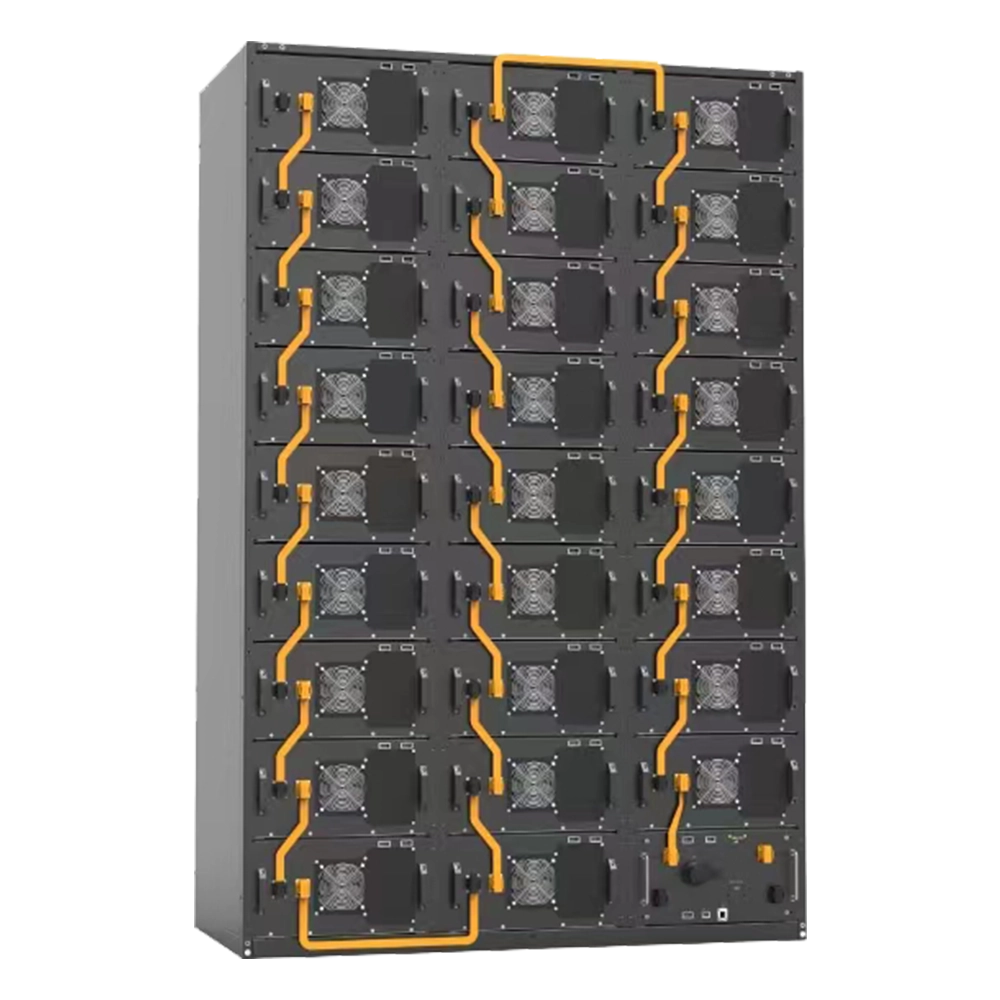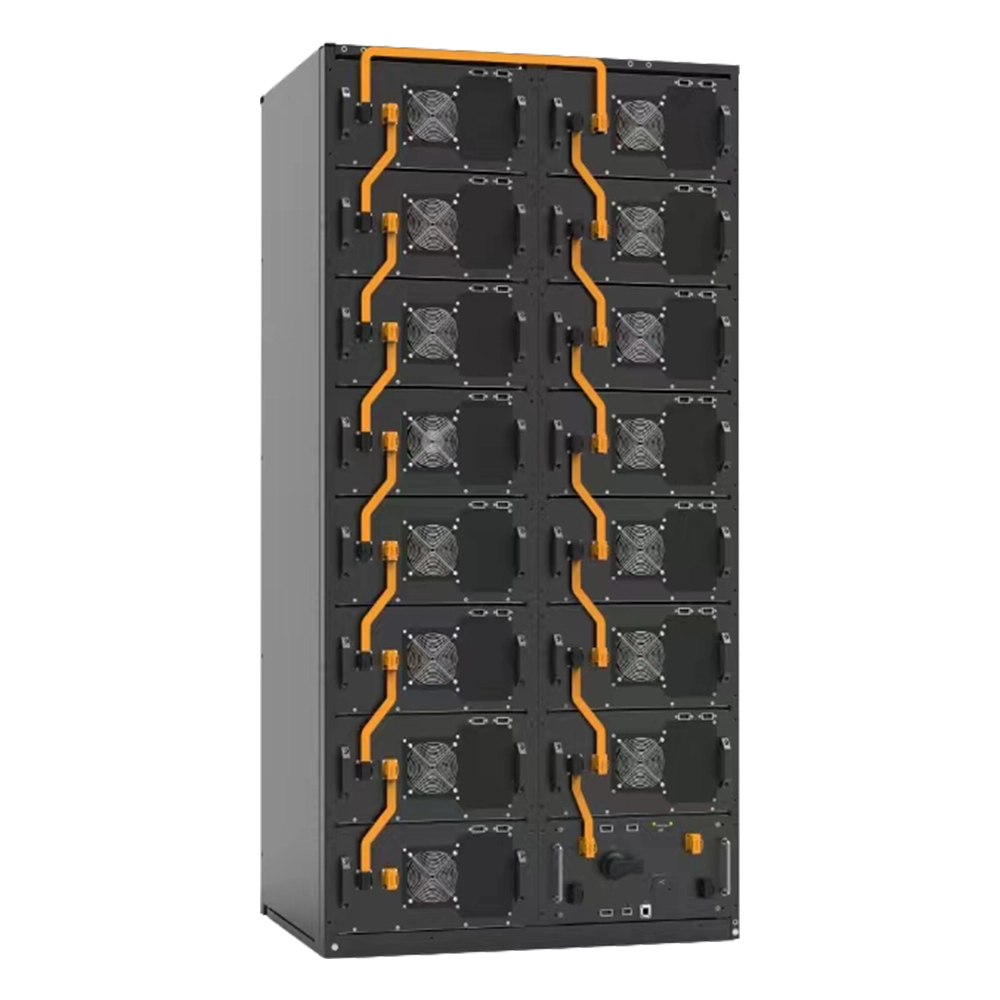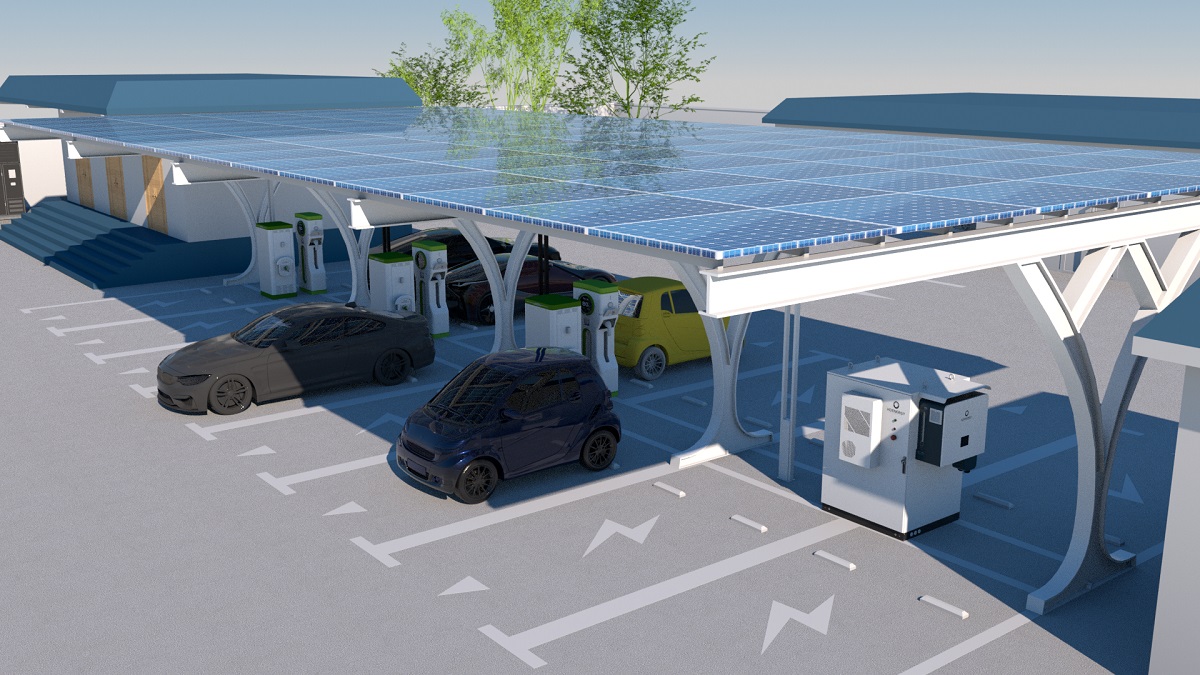Introduction
With the rapid growth of renewable energy and the growing need for grid stability, three-phase hybrid inverter technology has emerged. In addition to efficiently converting electrical energy, this inverter can also help the grid and maximize energy management.

Understanding Three-Phase Hybrid Inverters
Its Standard Definition
In solar energy systems, a three-phase hybrid inverter is a complex power electronic device. For home, business, and industrial use, it converts direct current (DC) generated by solar panels or stored in batteries to alternating current (AC). The “three-phase” describes its ability to manage a three-phase grid, which is usually reserved for larger, more power-hungry devices.
Functions of a Three-Phase Hybrid Inverter
Converts direct current (such as that generated by wind turbines or solar panels) to three-phase AC, or vice versa.
Power conditioning is the dynamic modification of power flow based on energy supply and grid demand.
Components of a Three-Phase Hybrid Inverter
Power Module: is a group of power electronic devices, such as MOSFETs or IGBTs, that convert electrical energy.
Control Unit: The inverter can be precisely controlled by using a microprocessor-based control system.
Interface Module: Provides grid and energy connection interface.
Advantages of Three-Phase Hybrid Inverters
Excellent Energy Economy
Hybrid inverters can greatly improve total energy efficiency by carefully controlling energy flows and ensuring optimal use of solar and battery resources. As a result, both grid dependency and electricity costs can fall.
Improved Reliability
The ability of three-phase hybrid inverters to provide backup power during grid failures improves the reliability and resilience of energy supply. This is especially needed for critical applications in industrial and commercial settings.
Grid Independence
Because hybrid inverters take full advantage of storage and solar energy, they can be more independent of the utility grid. This is very useful when grid connections are unstable or non-existent in remote or off-grid locations.
Save Money
Three-phase hybrid inverters may eventually save a lot of money through net metering, peak shaving (using stored energy during expensive hours), and energy usage optimization.
Details of Upcoming Developments of Three-Phase Hybrid Inverters
Technical Features of Three-Phase Hybrid Inverters
High-efficiency energy conversion is achieved through the use of sophisticated power electronics and control technology.
Supporting DC to AC conversion and AC to DC feedback is the bidirectional power flow.
The ability to adapt to various grid conditions, such as changes in frequency and voltage.
Application of three-phase hybrid inverter
Grid connection of renewable energy: connect the grid with electricity generated by wind and solar energy.
Microgrid system is to achieve energy production and consumption balance at the local level.
Energy storage system: energy storage and release are achieved by working with battery energy storage system.
Challenges of three-phase hybrid inverter
The integration of many power electronic equipment and technologies brings design and production problems.
Cost control: cutting expenses requires technological innovation because high-performance inverters are a bit expensive.
System safety is to ensure the reliability and safety of inverters under different operating environments.
Current development trend of three-phase hybrid inverter
Intelligence: use artificial intelligence technology to achieve more refined energy regulation and management.
Adopt modular design ideas to improve the scalability and adaptability of the system.
Research integration technology and integrate more green energy, such as ocean energy, geothermal energy, etc.

in conclusion
The three-phase hybrid inverter is an important technology for building a modern power grid and promoting energy transformation. It connects renewable energy to the grid. As long as the technology continues to develop and the market gradually matures, the three-phase hybrid inverter will play an increasingly important role in improving energy efficiency, promoting the growth of renewable energy, and ensuring energy security.

